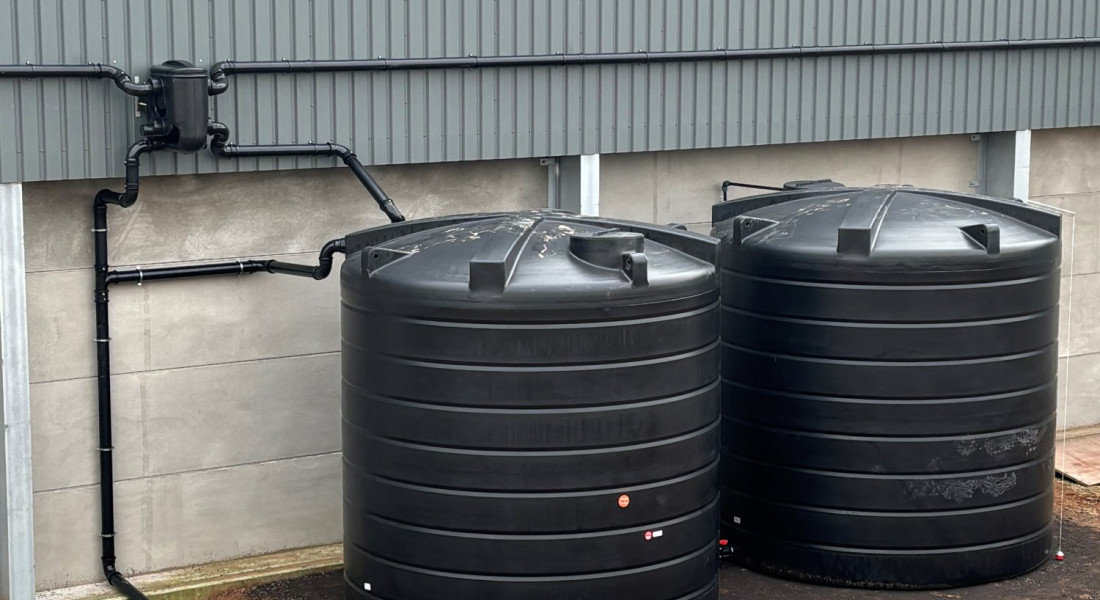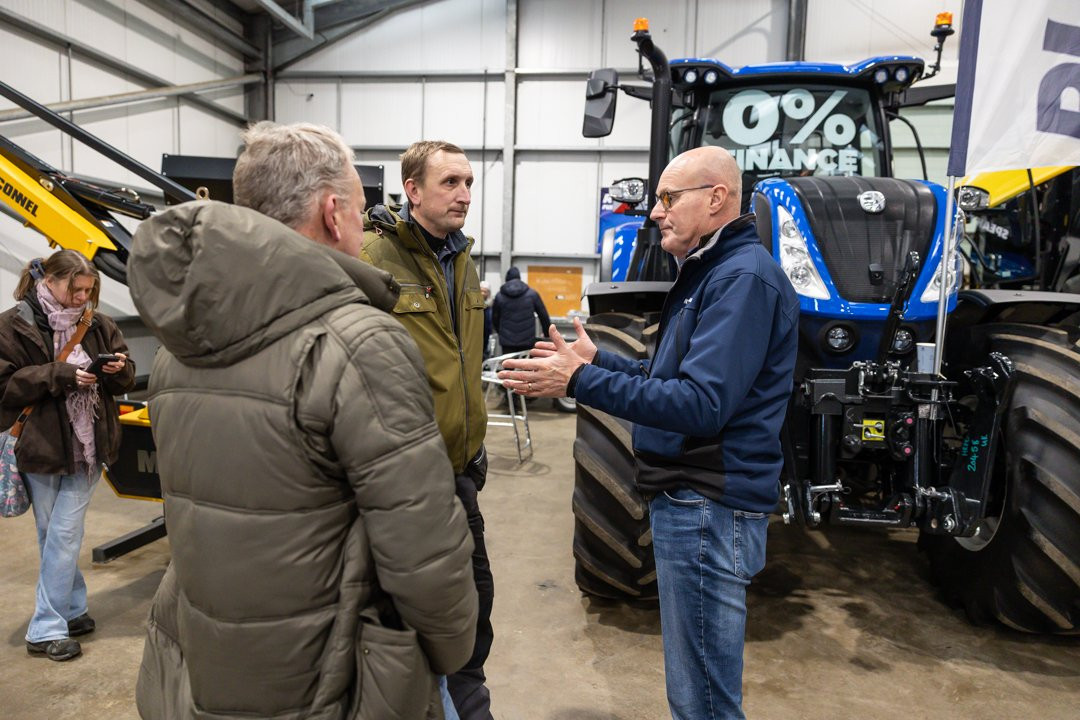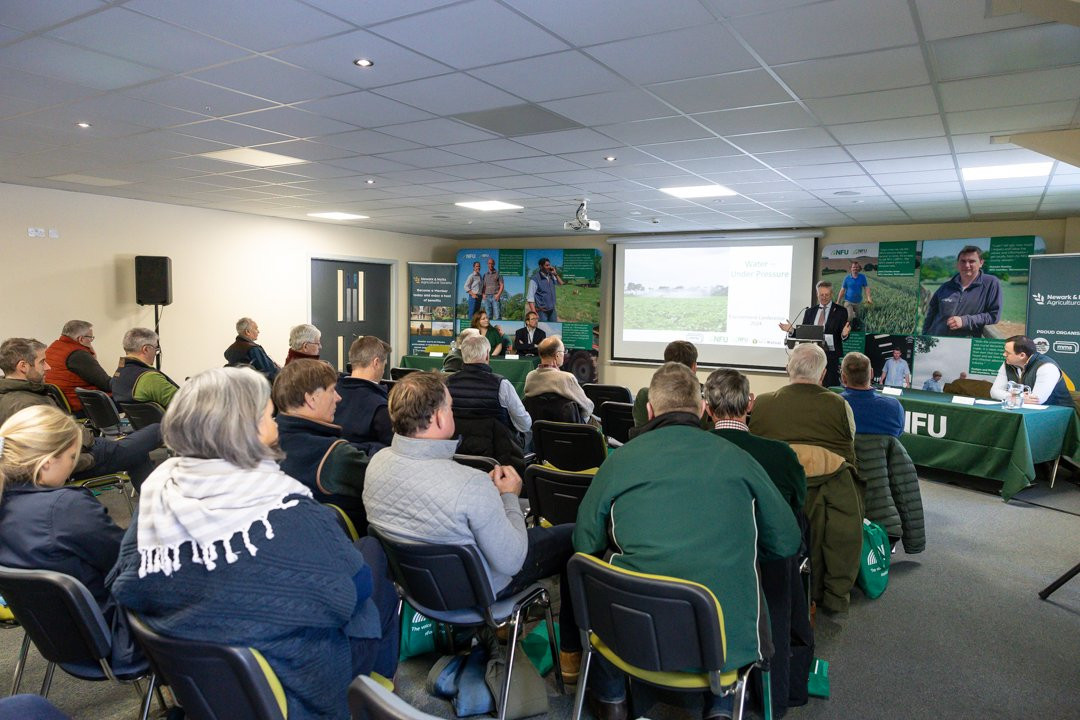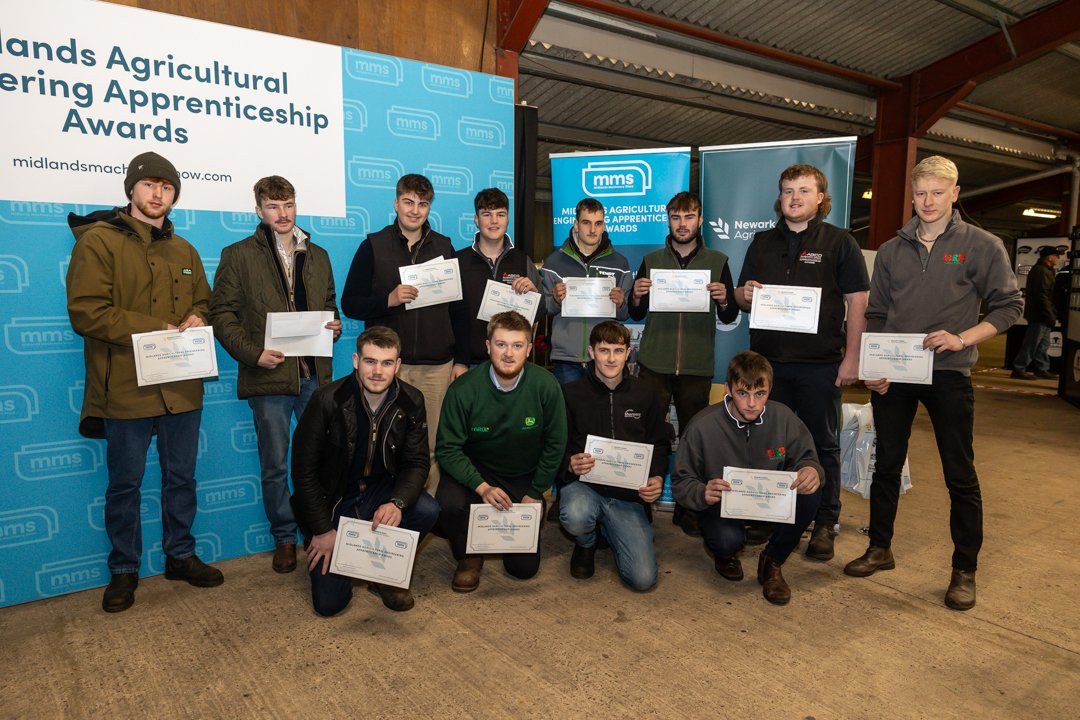Every drop counts: why JRH’s show presence continues to focus on water
The first-ever company to book a stand at the Midlands Machinery Show is looking forward to returning this November to help the event celebrate its 10th anniversary.
JRH Water Management has been at the event every year since it debuted in 2014 and has opted to put its stand in the same location every time.
“I remember calling to book in 2014 and we were the first external company to get in touch, so I could choose wherever I wanted to go on the showground,” Michael Jorden, Director at JRH Water Management, recalls. “We’ve stayed in the same place ever since.”
JRH was set up around the same time as the Midlands Machinery Show, so the event and business have grown up alongside each other.
“We’ve grown with the show,” Michael says. “At the start we were trying to get our name out and everything was on a budget. Now the process has become more streamlined, and the stand has changed over the years. This year we will have an exhibition trailer which will look impressive.”
A new feature this year will be a demonstration of JRH’s rainwater harvesting unit’s filtration system.
“We will set them up so people can have a look inside – obviously when they’re up and running you can’t see them, so it will provide a new perspective,” Michael says.
The company is loyal to the event because although it’s a local show, being based in Lincolnshire, the team is always impressed with how far visitors will travel to attend.
“We go to other shows where visitors won’t have come from more than 20-30 miles away,” Michael says. “Visitors often travel a long way to attend the Midlands Machinery Show and I think they tend to be more focused – they know who they want to speak to and what they want to get out of their day.”
Over the past 10 years, farmers have become more aware of the strain on mains water supplies in the UK, leading many to invest in rainwater harvesting to achieve ‘water neutrality’.
“The infrastructure in the UK isn’t as good as it should be and farmers take the brunt of this,” Michael says.
“Rainwater harvesting takes that pressure off mains water, but also gives farmers an excellent quality water which is great for activities such as spraying. This has allowed many farmers to become water neutral, in the sense that they don’t use any mains water for their spraying at all.
“They’re getting all the benefits of using rainwater, plus they’re saving on their water bills.”
More and more farmers are also turning to rainwater harvesting systems as a flood prevention device.
“That water comes off a roof and into the rainwater harvesting system, instead of running off into the land and causing flooding,” Michal explains. “We meet a lot of farmers who are trying to secure planning permission for new buildings and one of the stipulations is that they must deal with water runoff.
“Our system ticks two boxes: it controls the water as it runs off buildings, so it ticks the flood prevention box. But they also get to use that water for spraying or for their livestock, which then means they’re saving money by not using mains water.”
The quality of the rainwater reduces overheads even further.
Due to rainwater being naturally soft, it is the preferred water source for both crops and livestock.
JRH tests on glyphosate with rainwater over mains water show that rainwater increases the chemical efficacy by a significant amount, meaning less chemical use to get the same result. This, in turn, saves the farmer even more money.
“Our customers are probably some of the only farmers who can see a silver lining when the weather is awful – at least they’re collecting and using it!”
Water is set to be a hot topic at this year's show. Alongside exhibitors such as JRH, the NFU Environment Conference will hear from several speakers on how they are managing resources, preventing flooding, and lobbying the government for changes in its approach to water on farmland.



